China Car Sales Drop 24 Percent in January
According to a statement by the China Association of Automobile Manufacturers (CAAM), China’s monthly sales of passenger-vehicles suffered its steepest decline in more than seven years due to a Lunar New Year holiday season hiatus that deprived dealers of a week’s worth of sales. Figures indicated that sales fell to 1.16 million units in January, a 24 percent decrease from the year before. According to five analysts from Bloomberg News, sales were projected to drop 18 percent.
Great Wall Securities Co. analyst Ran Fei said, “Even though the actual holidays were five working days, some dealerships took the opportunity to close their stores for a longer time. The numbers are disappointing.” Compounding the auto sales slump in the Chinese market, the Chinese government also estimated that holiday sales at the nation’s main retailers and restaurants rose at their slowest pace since the 2009 financial crisis.
Are these signs an indication that the world’s largest and fastest growing automotive market is showing economic resistance? Despite these statistics, Ran Fei insists that “Car demand is stable. There’s no indication of any changes on that front.” China’s Passenger Car Association also believes that the Chinese economy is fundamentally sound and interprets the auto sales number as a mere holiday season distortion. The Passenger Car Association expects a 30 percent rise in sales for February.
Huatai Securities Co. analyst Chen Liang adds, “Demand is still there and consumers in the smaller, less developed cities will still have a growing need for cars. These numbers don’t change my outlook for the year.”
In January, GM reported an 8 percent decline in China sales, its first Chinese sales decline in six months. Chevrolet sales suffered a 20 percent hit to 54,399 units. According to Ford, its China sales fell a staggering 42 percent last month. Bucking the trend, Luxury German brands BMW and Audi both posted higher sales, enjoying a 30 percent and 23 percent gain respectively.
IHS Automotive Shanghai analyst Namrita Chow provided this explanation, “Prior to the Chinese New Year, Chinese consumers who are looking to enhance their prestige and status symbol have chosen high-end luxury brands.”
[Source: Bloomberg]
More by Danny Choy







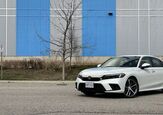





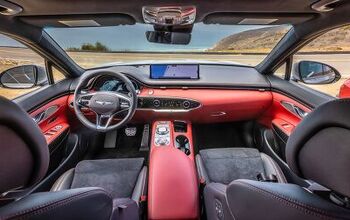

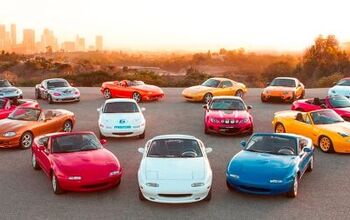


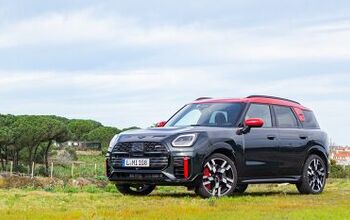
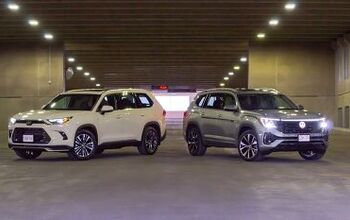

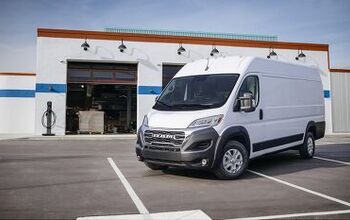


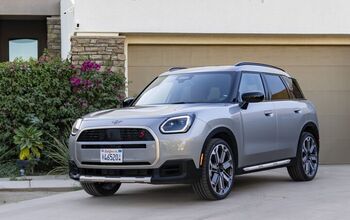
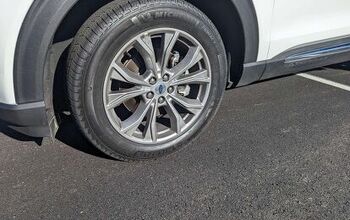

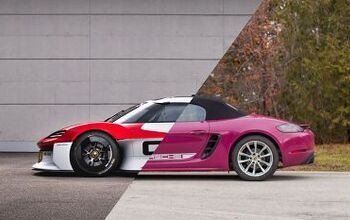


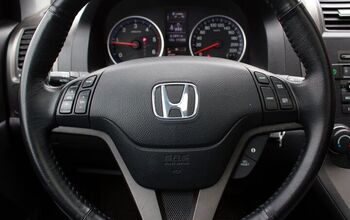
Comments
Join the conversation
The Chinese economy won't stay strong forever. I'd put my money on India first.